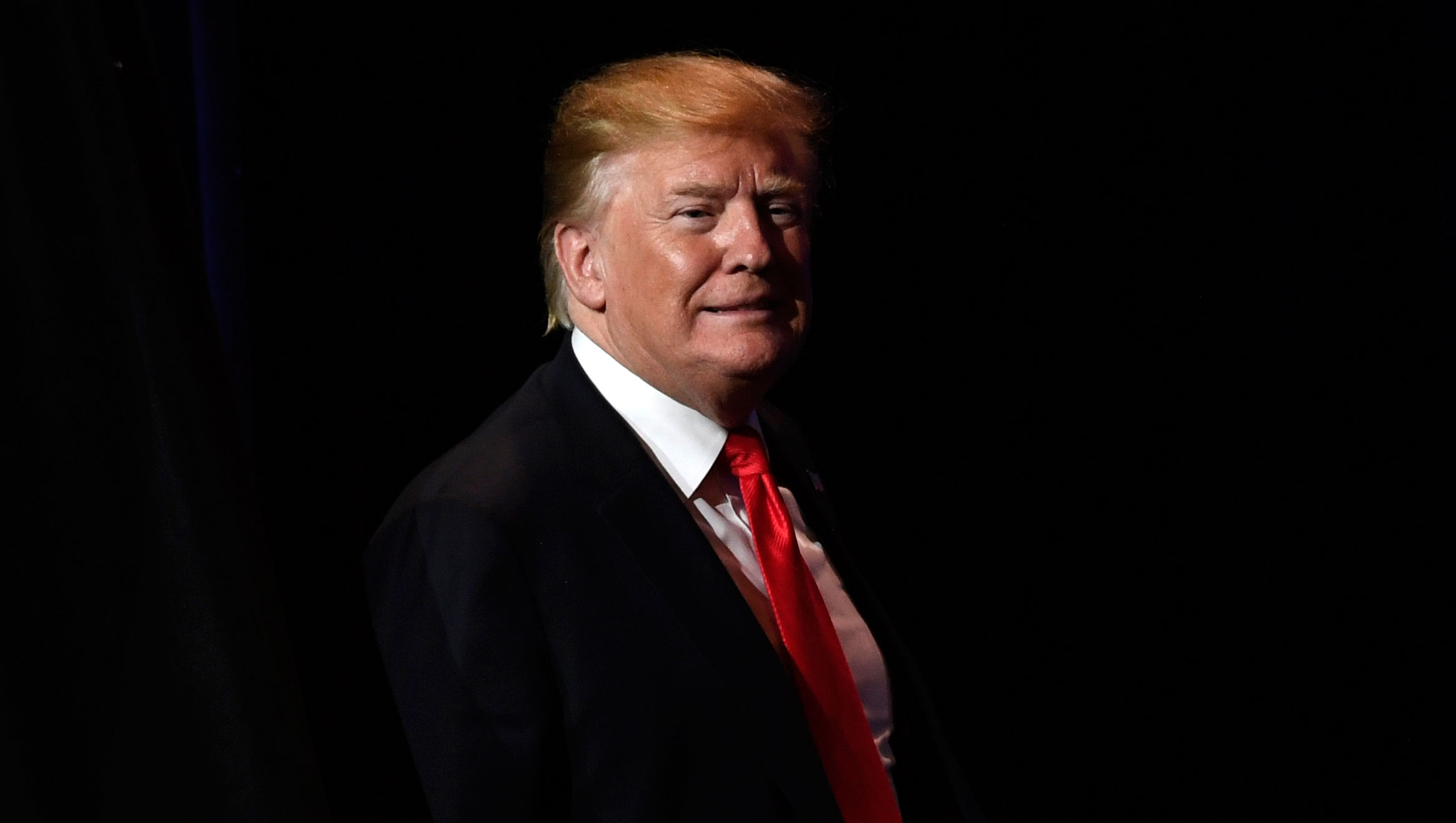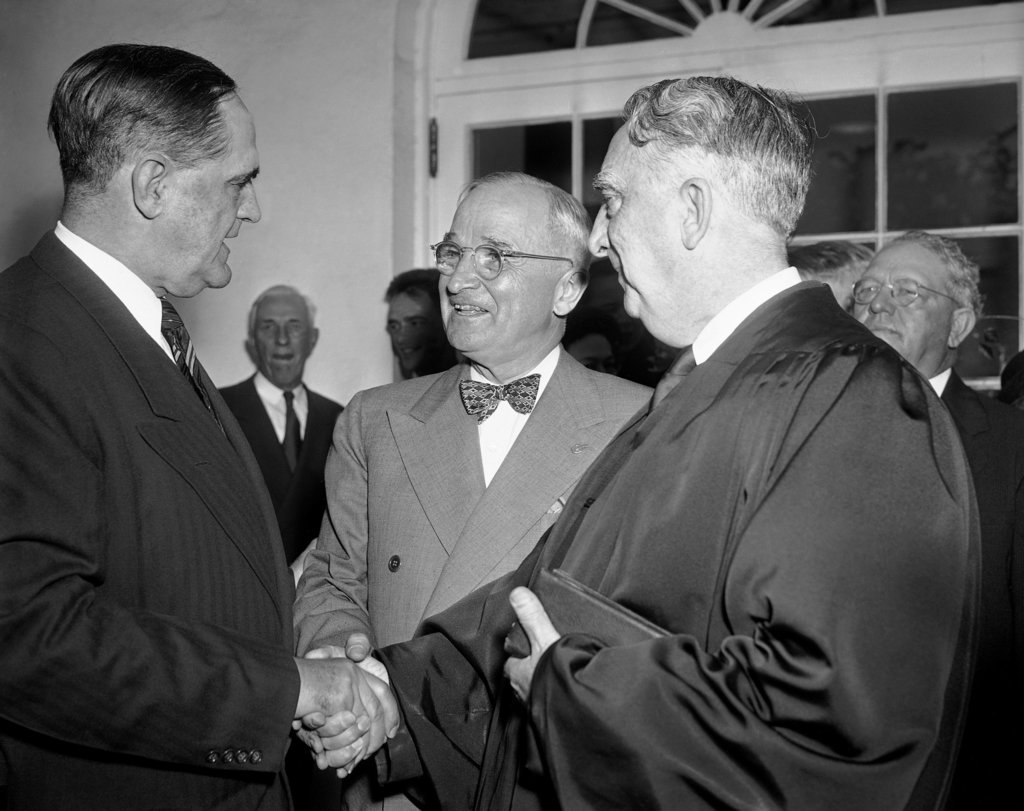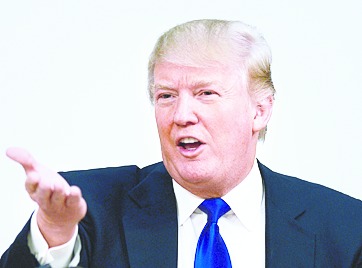Heads of state are normally elected to administer governments. But American presidents are special: they often combine administration with entertainment. Rulers in other systems would be embarrassed if the masses found them entertaining, and resign rather than become objects of fun. But American presidents do not resign when in trouble, presumably because they think that being in power helps survive tough times.
Bill Clinton was accused by four women of having affairs with them, and admitted to affairs with two others. His childhood was troubled. He was born William Jefferson Blythe III. His father, William Jefferson Blythe Junior, kept two wives. Blythe III’s mother, Virginia, found out; conveniently, Blythe Junior was killed in a car accident three months before Blythe III was born. Virginia left the infant Blythe III with her parents and went to a nursing school. When Blythe III was four, his mother found another husband, a car dealer named Roger Clinton Senior, set up a home, reclaimed Blythe III and brought him up. Blythe III’s earliest memories were of fights with his stepfather, a gambler and alcoholic who enjoyed beating up his family. But when he was 15, Blythe III changed his name to William Jefferson Clinton. After considering careers as saxophone player and doctor, he settled down to do law in Yale.
Donald Trump’s ancestry is not half as interesting; his father was a property dealer and speculator who made enough money to make it unnecessary for Donald to prove himself. He left assets worth $200 million; so Donald could be a playboy from infancy. Donald’s tax returns showed losses of $1.17 billion between 1985 and 1994; and he took four of his firms into bankruptcy, which is a way of making creditors bear the losses he made. The first of them was Trump Taj Mahal — luckily not our Taj Mahal, but his casino-hotel in Atlantic City. He made an art out of business failure.
Having set such high standards in business, he has to match them in politics. He is not doing too badly as the Mueller report shows. It is an inquiry into whether the Trump campaign in 2016 manipulated election results with help from Russian friends. Robert Swan Mueller III was appointed director of the Federal Bureau of Investigation by George W. Bush in 2001. It was an appointment for ten years. By 2011, Barack Obama was president; he asked Mueller to continue. He did for two years, and left for private practice in 2013; Obama replaced him with James Comey.
In 2009, Obama made Hillary, the wife of Bill Clinton, secretary of state, the American equivalent of our minister of external affairs. The United States of America government has an elaborate classification of email messages by level of confidentiality; Hillary sent a lot of emails from Clintons’ personal computer in the basement of their New York home, which could have been easily hacked. She also emailed from her Blackberry, which was considered insecure. After she became secretary of state, she was supposed to use only the desktop in her ministry office. It is not known whether she knew that; in any case, rushing to the office at night to send an email to her daughter, for example, would have been crazy. She was accused of breaching the rules of official confidentiality and arraigned for it. Obama asked the FBI to inquire.
In 2016, the Democratic Party made Hillary candidate for presidency. While the contest was going on, the FBI director, James Comey, issued a statement in July that Hillary’s use of the personal computer to send secret official mails broke no law, but was extremely careless. The damage was done; Hillary lost the election, and Donald Trump, the Republican candidate, became president.
But carelessness in emailing was not the only factor behind her defeat; a Russian agency did a very effective campaign against her by emailing voters and spreading fake news. There were many rumours that Donald Trump had used the Russian agency to defame Hillary. Rod Rosenstein, the US deputy attorney general, appointed Robert Mueller in May 2017 to inquire into the allegations. After two years of investigation, Mueller has published a report of over 400 pages; its first volume is about Russian manipulation of the presidential election assisted by Trump and his people, and the second volume is about Trump’s alleged efforts to prevent disclosure of his conspiracy with the Russians.
Julian Assange is an Australian whose mother worked in a travelling theatre. As a result, Assange went to 37 schools, apart from whatever his mother and stepfather taught him. He had pretty little to do. To keep him occupied, his mother gave him a computer in 1987, when he was 16. He soon learnt to hack other computers — that is, to penetrate their memory systems and steal the enclosed documents. He was caught, and Australian police charged him; luckily, he got away with a fine. He worked on how to hack without being punished. He found that Swedish law protected his anonymity as a hacker, so in 2006 he moved to Sweden and set up WikiLeaks, his notorious hack site. Sweden is a sexually liberal country, so he had a good time. But two of the women he ‘molested’ filed complaints with the police. To escape imprisonment he ran away to London, and when the British prepared themselves to extradite him to Sweden, he took asylum in the Ecuadorian embassy. Ecuador came under pressure from British and Swedish governments. In March 2018 it cut off Assange’s access to internet. Finally on April 11, 2019, the Ecuadorians allowed British police to barge into their embassy and arrest Assange. For now he is jailed for jumping bail in 2012. Meanwhile, the Americans will soon ask for his extradition; the British, being their close friends, will probably send Assange off to an American jail.
Meanwhile, Mueller’s report on the sabotage of Hillary Clinton’s 2016 bid for presidency, jointly organized by Russians and Donald Trump’s associates, will continue to make waves. It is unlikely to lead to legal action; the US president is pretty well immune to legal processes, although none of them has indulged in extreme crimes like rape and murder. But American legislators will continue to pursue Trump with allegations, inquiries and debates. They will generate plenty of news, which will create ample opportunities for broadcasting and writing.
The beginning has been made; James Comey has just published a book. In it, he describes how Trump pressed him to declare that Trump was innocent of collusion with the Russians; when Comey did not do so in the absence of evidence, Trump dismissed him. The book is intended to inspire readers to choose A Higher Loyalty (that is its title), to find truth among lies, and to pursue an ethical leadership.
It is hardly necessary to add that Trump is unlikely to be so inspired. Will the American people? Or will they be enthralled by the shenanigans of their semi-blonde president? Will they give him another four years to display his histrionic talents? If democracy the world over is any guide, morality is irrelevant. Democracy is the greatest show on earth, and will go on. It is best to watch and be amused.












